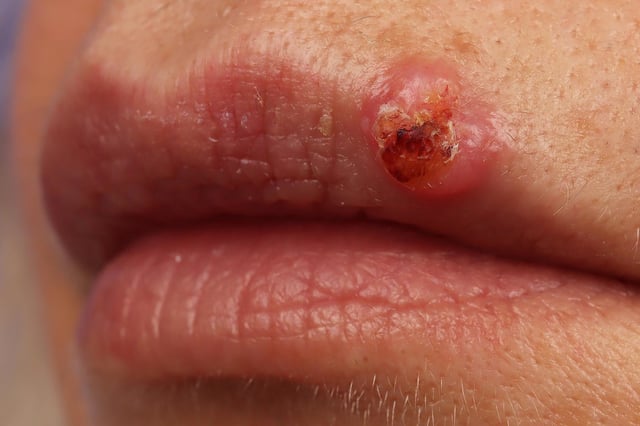Overview
- The New England Journal of Medicine published the first confirmed case of beta-HPV integrating into skin-cell DNA and driving cutaneous squamous cell carcinoma.
- Genetic sequencing of a 34-year-old patient’s tumor revealed extensive viral protein production from the integrated beta-HPV genome.
- An inherited T-cell signaling defect allowed the virus to replicate unchecked, overturning the belief that beta-HPV only facilitates UV-driven mutations.
- A personalized stem cell transplant restored the patient’s T-cell function and has prevented cancer recurrence for more than three years.
- Study authors are examining other patients with T-cell deficiencies to determine the prevalence of beta-HPV–driven skin cancers and guide future surveillance.

